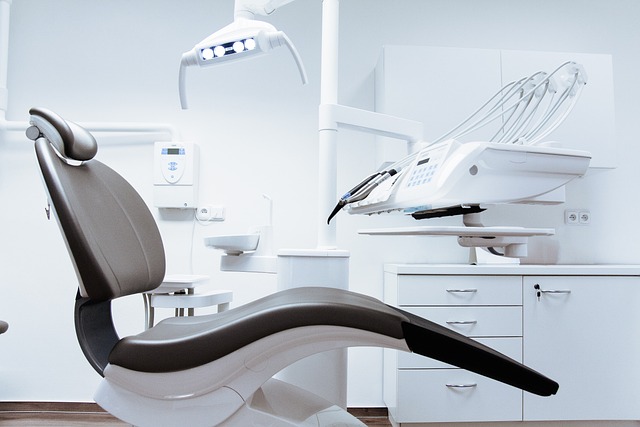Managing Prostate Enlargement: Symptoms, Treatment, and Prevention
Prostate enlargement, also known as benign prostatic hyperplasia (BPH), is a common condition among older men. As men age, the prostate gland can grow larger, leading to a variety of symptoms that can affect quality of life. Understanding the symptoms, treatment options, and preventive measures can empower men to take charge of their health.

Recognizing the Symptoms
Symptoms of prostate enlargement can range from mild to severe and may include:
- Frequent urination, especially at night (nocturia)
- Difficulty starting urination
- Weak or interrupted urine flow
- Feeling of incomplete bladder emptying
- Urgency to urinate
If you experience any of these symptoms, it’s important to consult a healthcare professional for an accurate diagnosis and appropriate management.
Understanding Treatment Options
Treatment for prostate enlargement generally falls into three categories: lifestyle changes, medication, and surgical options.
Lifestyle Changes
Sometimes, simple lifestyle adjustments can help alleviate symptoms:
- Reducing caffeine and alcohol intake
- Practicing bladder training techniques
- Staying active through regular exercise
Medications
When lifestyle changes are not enough, medications may be prescribed. Common types include:
| Medication Type | Function |
|---|---|
| Alpha Blockers | Relax the muscles of the bladder neck and prostate. |
| 5-alpha-reductase Inhibitors | Shrink the prostate by blocking the hormones that cause its growth. |
Surgical Options
In cases where symptoms are severe or do not respond to medication, surgical options may be considered. These can include:
- Transurethral resection of the prostate (TURP)
- Laser therapy
- Prostatectomy (removal of the prostate) in extreme cases
Preventive Measures
While not all cases of BPH can be prevented, certain lifestyle choices can help reduce the risk:
- Maintain a healthy weight
- Eat a balanced diet rich in fruits and vegetables
- Stay hydrated but limit fluid intake before bedtime
Expert Insights
To gain more insights into managing prostate health, watch the following informative video:
Final Thoughts
Managing prostate enlargement is a proactive process that involves understanding your symptoms, exploring treatment options, and adopting preventive measures. Regular check-ups with a healthcare provider can help you stay informed and make the best choices for your health. Remember, you are not alone in this journey; support is available, and effective solutions exist. For more detailed information, consider visiting Mayo Clinic or Healthline.
